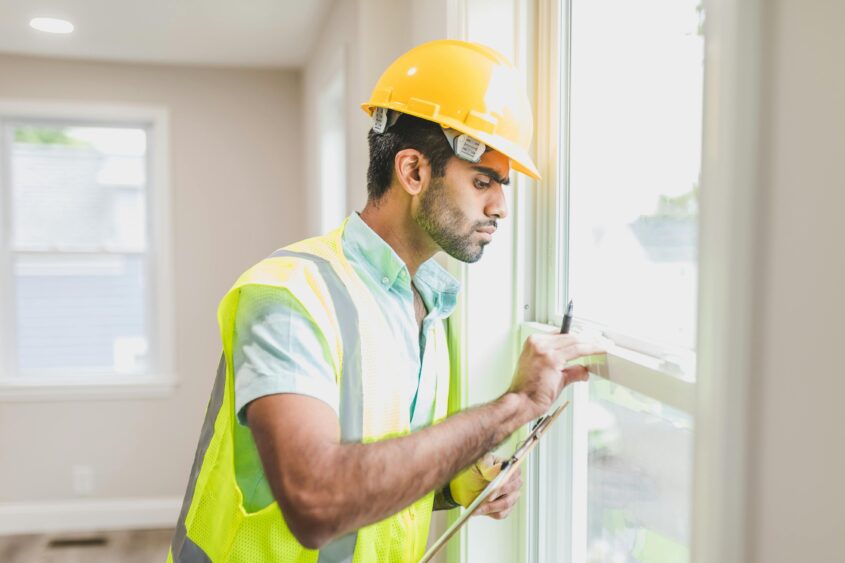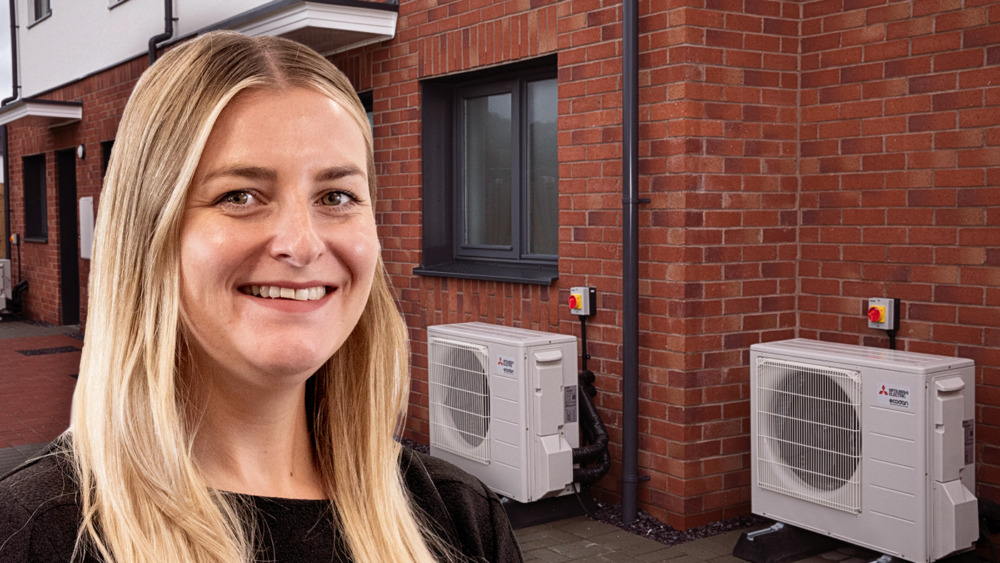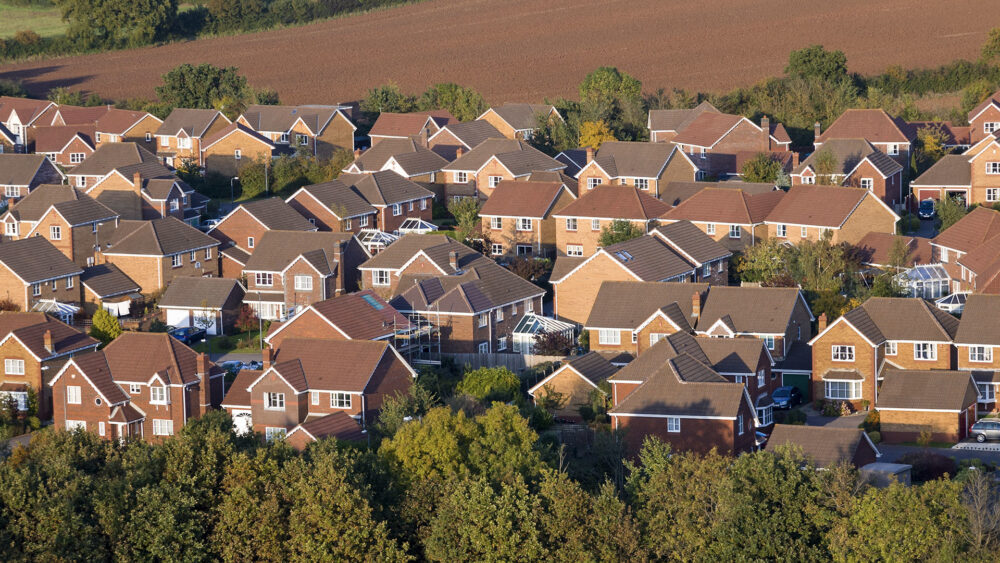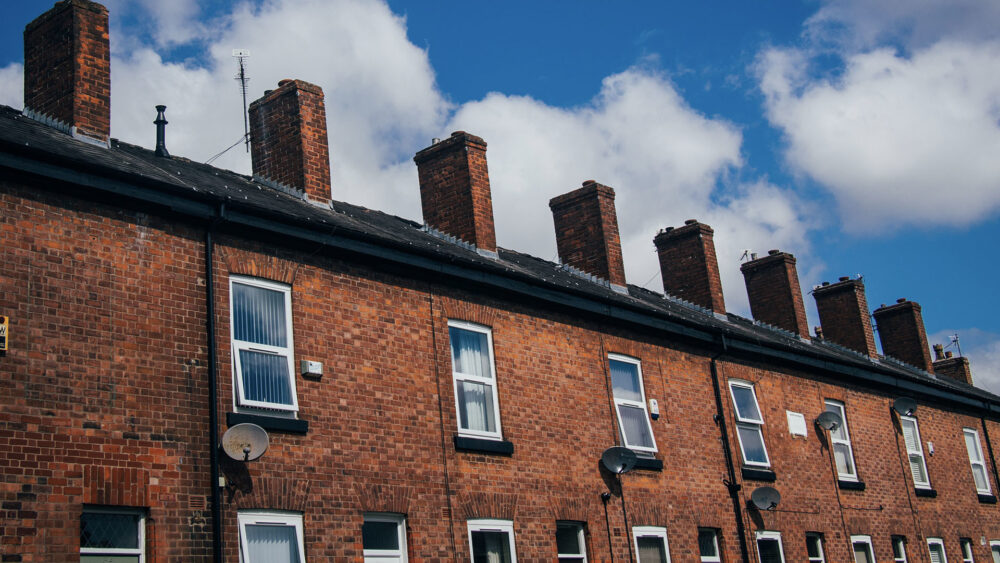Welsh Housing Quality Standard 2023: what’s next for Welsh housing associations?
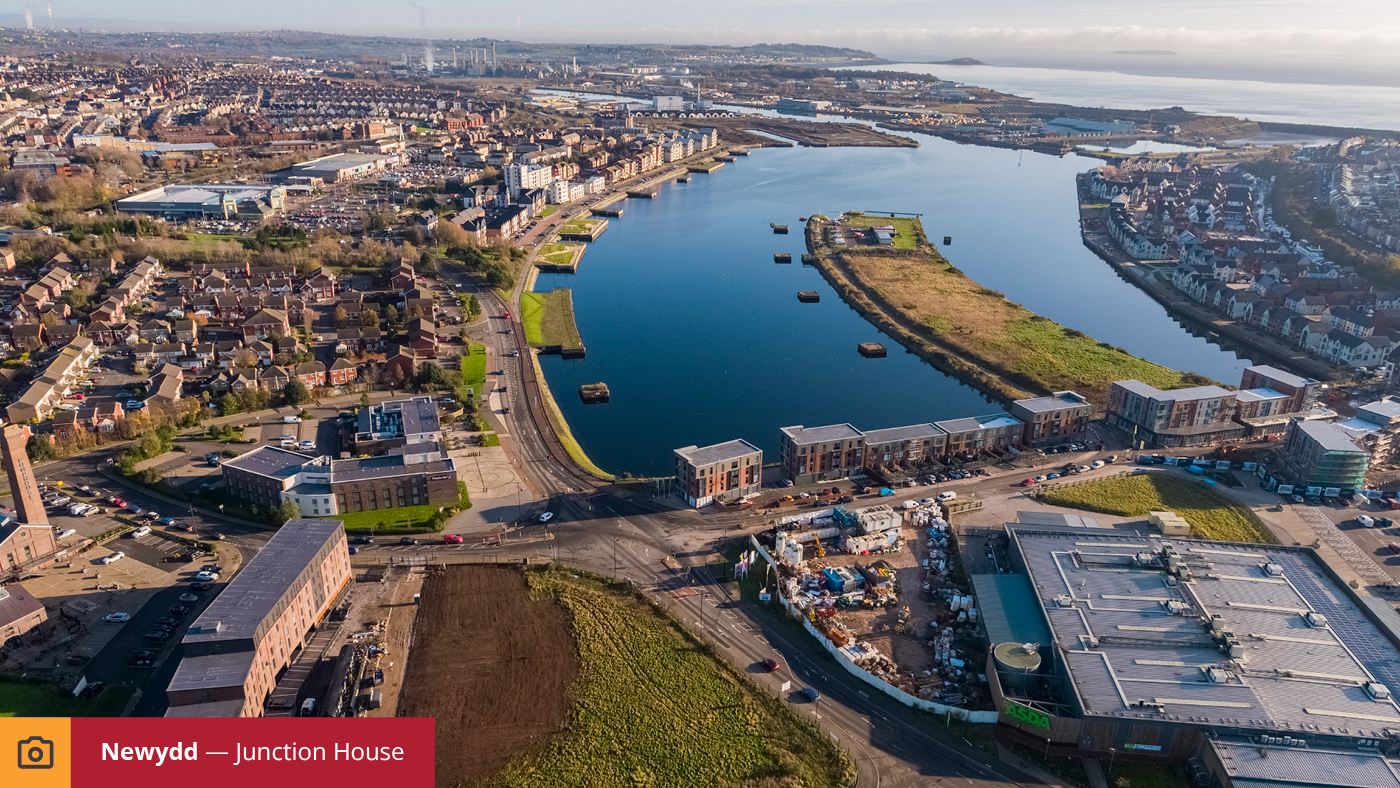
A previous version of this post stated that "The new WHQS also sets out a timeline of achievement which means that by 31 March 2025, landlords should have confirmed that all their houses meet the standard". The date is actually 31 March 2034.
In Wales, housing associations exist to provide affordable homes to people that need them - but their responsibility goes beyond simply handing over keys to a property. They also continually work to ensure that the homes they manage are energy efficient, safe, secure and affordable.
To ensure that every social home in Wales meets a similar good standard, registered social landlords (i.e. housing associations and local authorities) work towards the requirements set out in Welsh Government’s Welsh Housing Quality Standard (WHQS).
First introduced in 2002, Welsh housing associations have continually worked to ensure each of the homes they manage meets the criteria WHQS sets out since then. The original deadline for social housing landlords to achieve the WHQS was set for the end of 2020, but this was extended to the end of 2021 for some landlords due to the Covid-19 pandemic.
Now, 15 years on, Welsh Government has released a new iteration of the standard, which, building on the original criteria, has been updated to reflect the changing needs of people who live in housing association and local authority homes.
To meet the original standard, houses must have been:
in a good state of repair;
safe and secure;
adequately heated, fuel efficient and well insulated;
fitted with up-to-date kitchens and bathrooms;
well managed (for rented housing);
located in attractive and safe environments;
And, where possible, suitable for the specific needs of those living there, such as those with disabilities.
WHQS 2023
WHQS first came in at a time when there were serious levels of disrepair in the public and private housing sectors. Many social homes were also energy inefficient and the country was seeing a rise in fuel poverty.
Welsh housing association homes are in a different place now, 21 years on from the original standard’s implementation. In 2004, just 2.7% of all social homes met the standard but by 31 March 2022, all social housing dwellings were 100% compliant with the standard, including acceptable fails*, compared to 99% as at 31 December 2020.
While part of the WHQS has stayed the same under the new 2023 version, it also aims to accelerate the decarbonisation of the Welsh social housing stock, and aims to support efforts to reach net zero. There is also an increased requirement for flooring, and consideration of biodiversity and water poverty.
The standard is now focused around eight elements that builds on the previous version and “will continue to drive up and maintain the quality of social housing in Wales”.
These elements are:
Homes must be in a good state of repair.
Homes must be safe and secure.
Homes must be affordable to heat and have minimal environmental impact.
Homes must have an up to date kitchen and utility area.
Homes must have an up to date bathroom.
Homes must be comfortable and promoted wellbeing
Homes must have a suitable garden.
Homes must have an attractive and practical outside space.
The new WHQS also sets out a timeline of achievement which means that by 31 March 2034, landlords should have confirmed that all their houses meet the standard.
Tenant engagement
One important part of WHQS 2023 not included in those headline elements is tenant engagement. For our not-for-profit housing association members, tenant - and, where relevant to them, community engagement - is an important part of ensuring the homes they develop, services they provide, and ways of working are in tune with tenants’ needs.
Now, the standard recognises the importance of this type of engagement and states that tenants should be encouraged to be involved in making any decisions that affect their community and environment. There is also an expectation that tenants will be shown how their housing association’s programme to achieve the new standard was developed, and how their - and/or tenant group - views and priorities have influenced it.
Our members have learned throughout the previous WHQS, and their ongoing decarbonisation work, that tenant engagement is crucial to ensure the best options are implemented in the right way, and that tenants understand how and why things are being done.
Pobl’s Penderi scheme is a prime example of this. The housing association’s large-scale and long-term investment has active engagement at its heart to ensure that what is the UK’s largest renewable energy retrofit project of its kind is developed, implemented and communicated in the best way possible.
We welcome Welsh Government’s ambition to further improve the quality of social homes for tenants in the new WHQS, especially around decarbonisation, which builds on the sector’s hard work to fully comply with the previous iteration.
Welsh housing associations now stand ready to support these new aspirations - but to achieve them we need a fully-funded and deliverable plan. One which takes advantage of technology, develops a Wales-based supply chain and provides an economic boost to our communities.
We also welcome Welsh Government’s commitment to work closely with the sector towards implementation. It is vital that we are able to identify funding, policy solutions and a reporting approach that not only ensures the standard is deliverable, but also allows vital tenant services to continue, along with development of the new social homes that our country badly needs.
The immense task not-for-profit housing associations now face should not be underestimated, and this collaborative plan will be essential in ensuring they can work towards full compliance, and once again improve the quality of social homes for tenants in Wales.
*The most common reason given for an acceptable fail was ‘timing of remedy’, but other things like cost, and residents choosing not to have work done can prevent social landlords from being complaint on certain properties. Where work has not been completed it is only deemed to be an acceptable fail under Welsh Government guidance if it does not cause any serious health and safety hazards.


